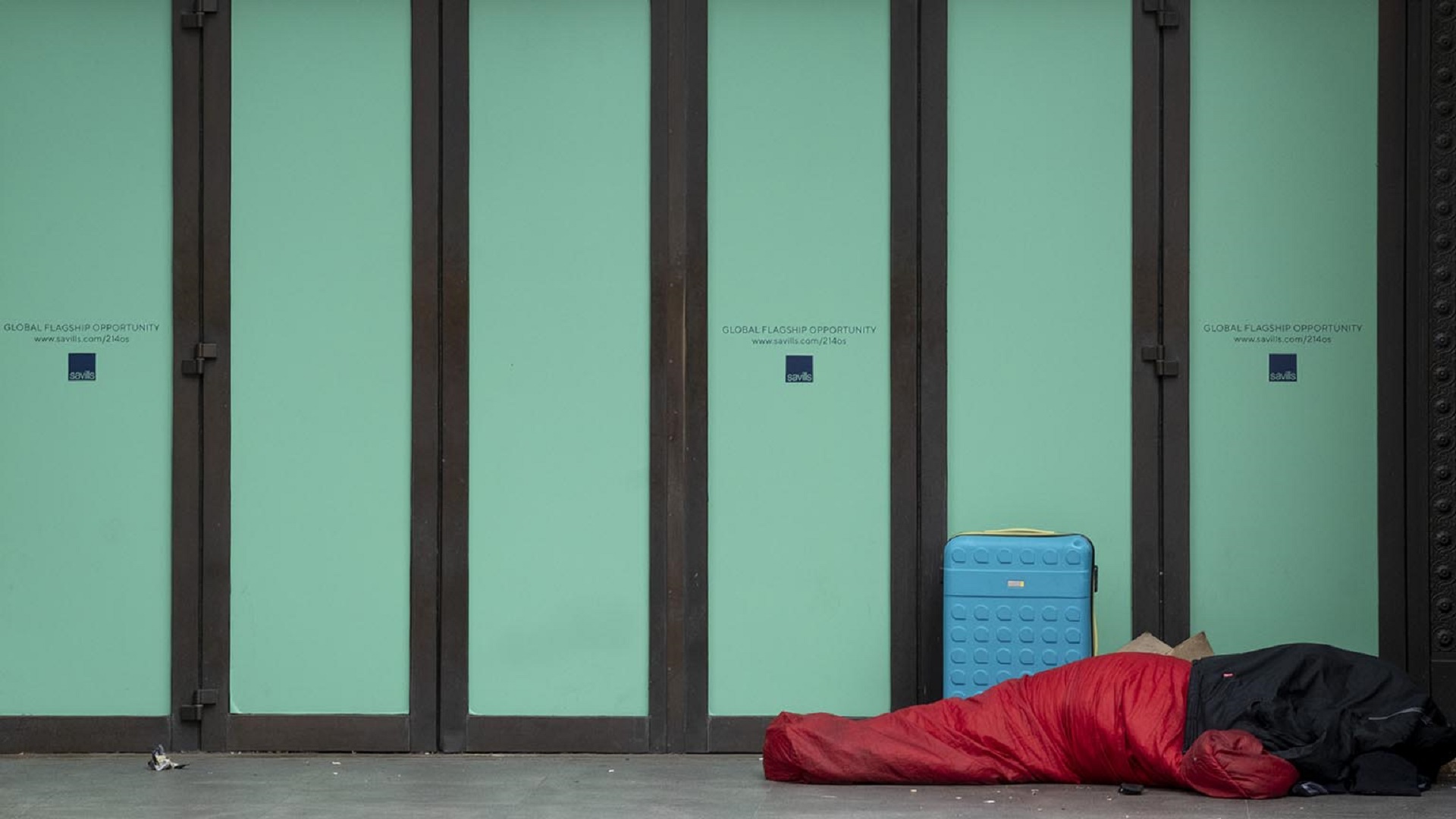When we started The Big Issue you could see the people before you. You didn’t have to rely on projections or statistics. You didn’t have to deal with worst-case or best-case scenarios. All you had to deal with was the human being in dire need, demonstrating the pain and suffering before you.
But what if you have to deal with a future that you predict but government denies? That is a whole new ball game for us. And for the general public, many whom if the predictions turn into reality may find themselves evicted out of their homes, through no fault of their own.
Our Stop Mass Homelessness campaign that we launch this week is an arena where we already see signs of it coming, but as of yet no one has said in government that they will jump to it. Address it. Build a road map avoiding the crisis. A crisis of the many needing to be kept in their homes so that they don’t slip into homelessness.
Our campaign starts this week and it will run for as long as is necessary
That is the problem that we face. That’s why we need to rise up in front of public and government if this ‘what if’ happens.
What if landlords need their property back because they need rent – 80 per cent of landlords own a few properties and it’s their income or pension – and they have to turn the matter over to the courts. What if over half a million people are behind in rent and nearly 200,000 are behind in their mortgage? Which is the current case. Doesn’t that suggest that more than a hunch or a fear is informing us to mount our campaign?
Listening to the arguments of government as to why they as of yet have not addressed this issue is frightening to someone like me who is convinced that all the signs are already there: that talking about mass homelessness is not scaremongering.
Advertising helps fund Big Issue’s mission to end poverty
The solution we are putting forward is that people should be kept in their homes until the emergency in their lives is over and they are back into work. That they have been supported back into employment, through retraining if necessary.
The important thing is that we also recognise that anyone who falls into homelessness can double or treble the cost to the Treasury. That if you add children and the damage done to a broken family the cost becomes immense. And the damage will often take generations to repair.
The Treasury needs to pay rent or mortgages, and give support money, keep people in their homes and not allow them to slip into temporary accommodation and all the damage done to people by this. Let’s see this as the greatest bit of levelling up, because it involves supporting people from falling into the Bastille of need and homelessness.
Our campaign starts this week and it will run for as long as is necessary. Until the government takes up the cudgels of avoiding this downward social mobility, often by people who have never ever suffered this instability before.
Yes, it’s interesting for us to reflect on the people we have worked with in The Big Issue. Mostly they are people who have come from troubled backgrounds. Compared to the people we are trying to prevent from falling into need they are a world apart. They are often settled, and though not always awash with income they were steadily supporting themselves.
Let’s not let Covid-caused poverty destroy the next decade for the many.
Advertising helps fund Big Issue’s mission to end poverty
John Bird is the founder of The Big Issue
Hundreds of thousands of people are at risk of losing their homes right now. One UK household is being made homeless every three-and-a-half hours.
You can help stop a potential avalanche of homelessness by joining The Big Issue’s Stop Mass Homelessness campaign. Here’s how:









